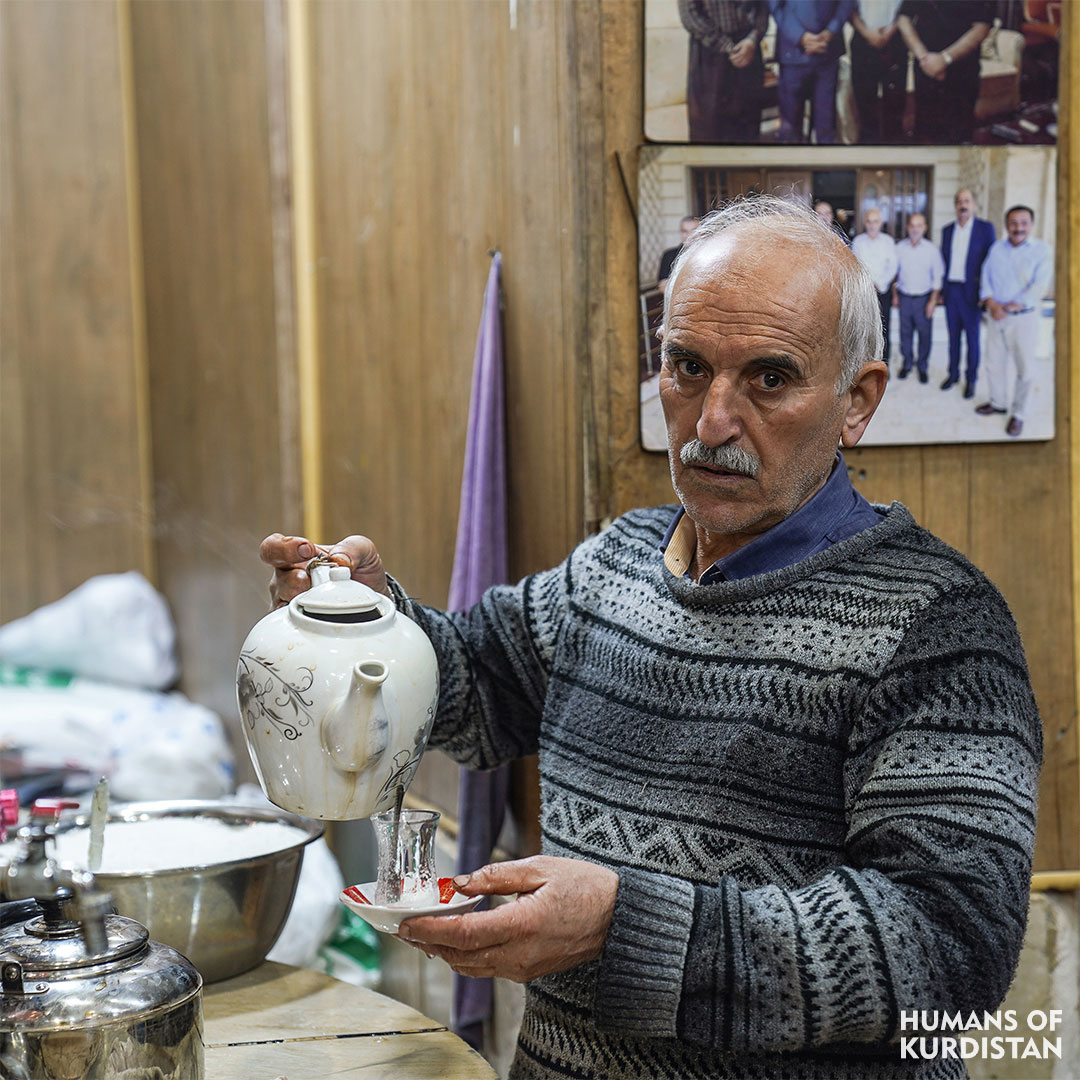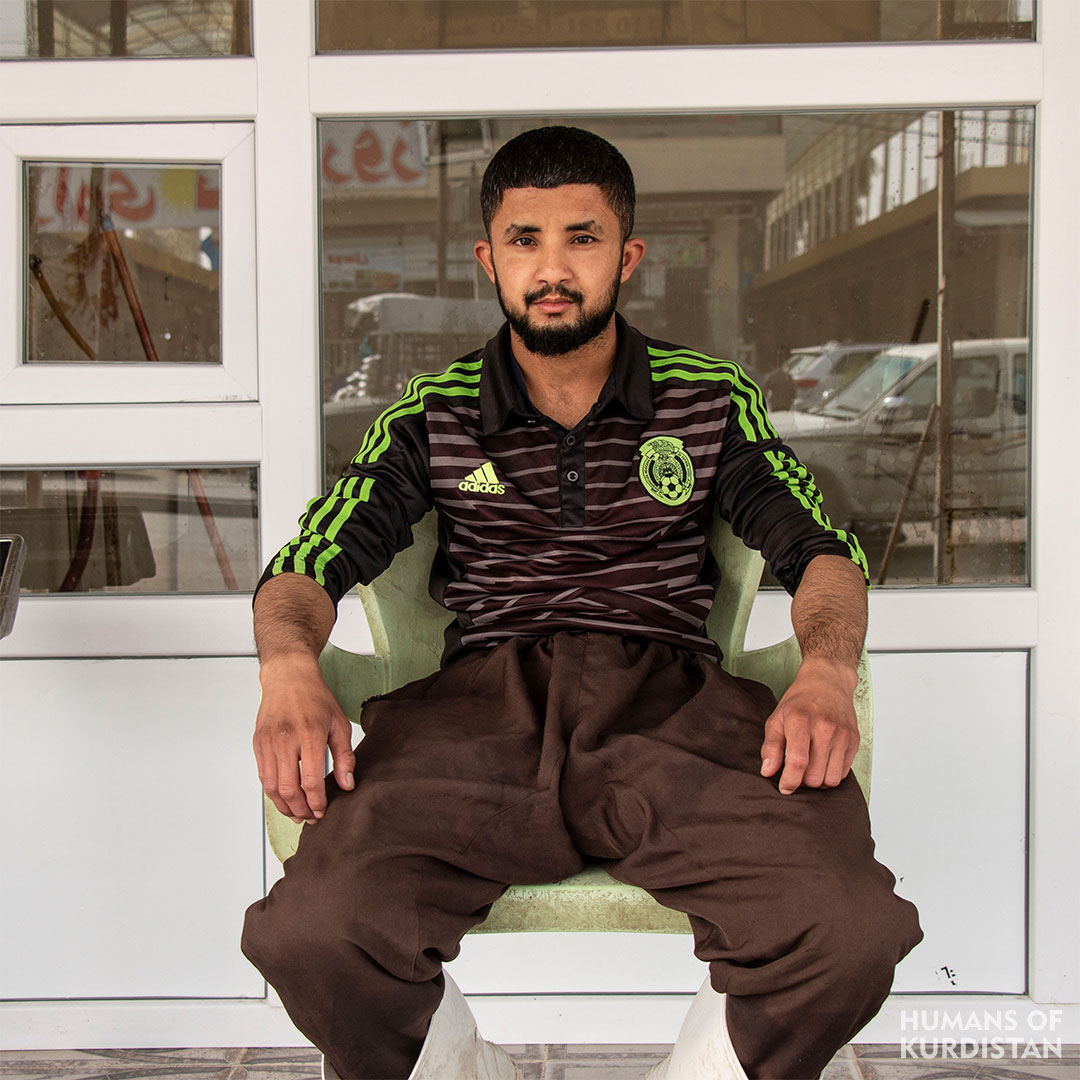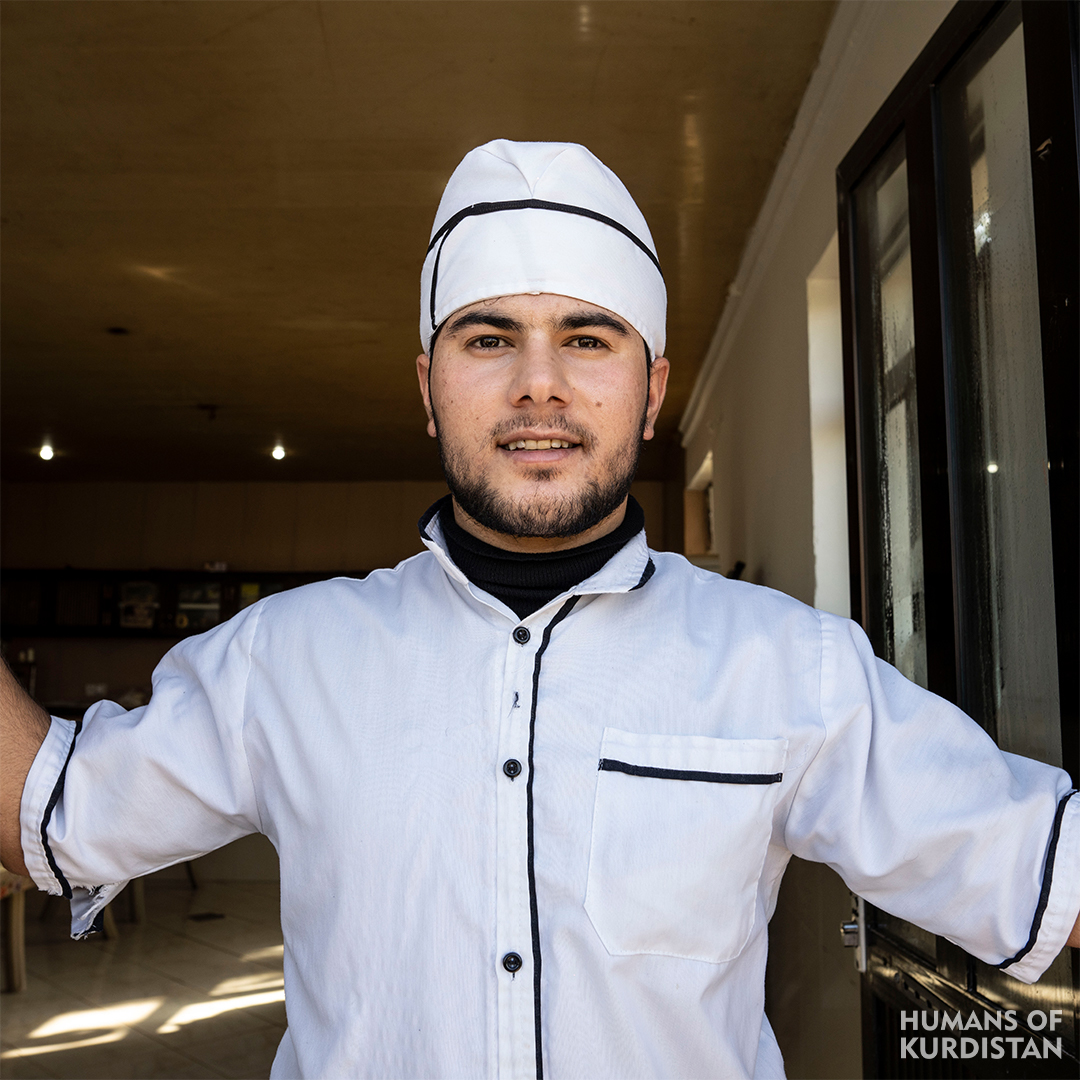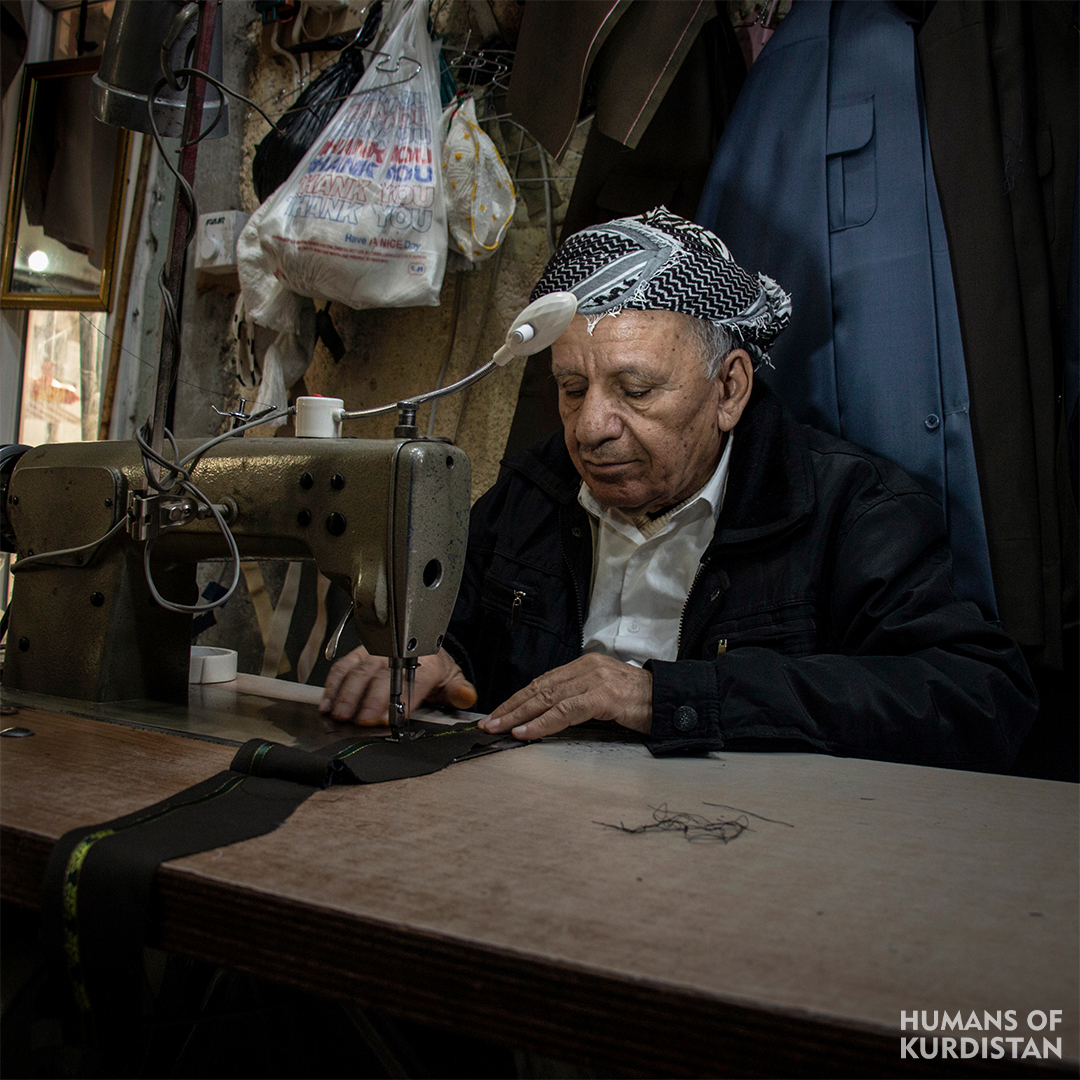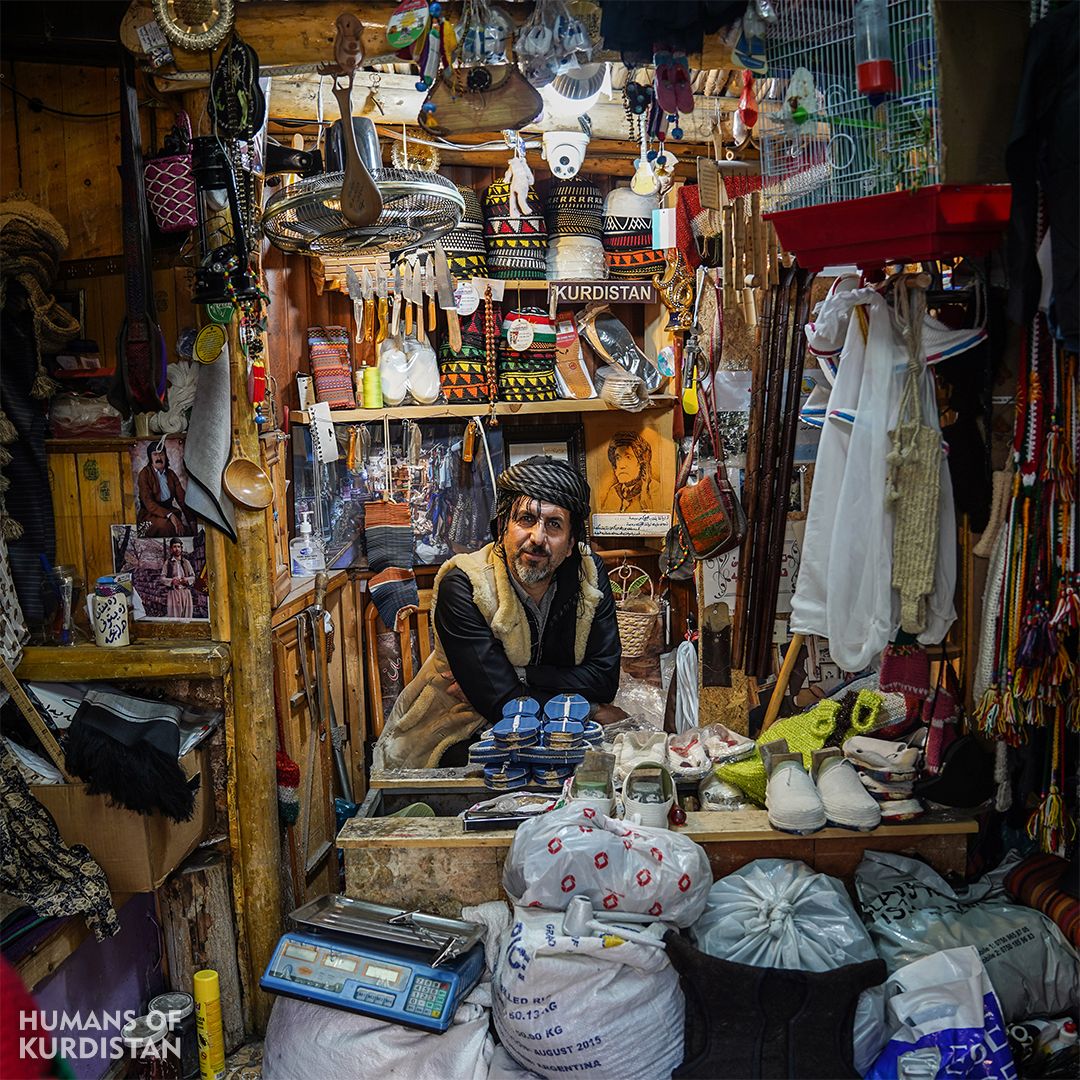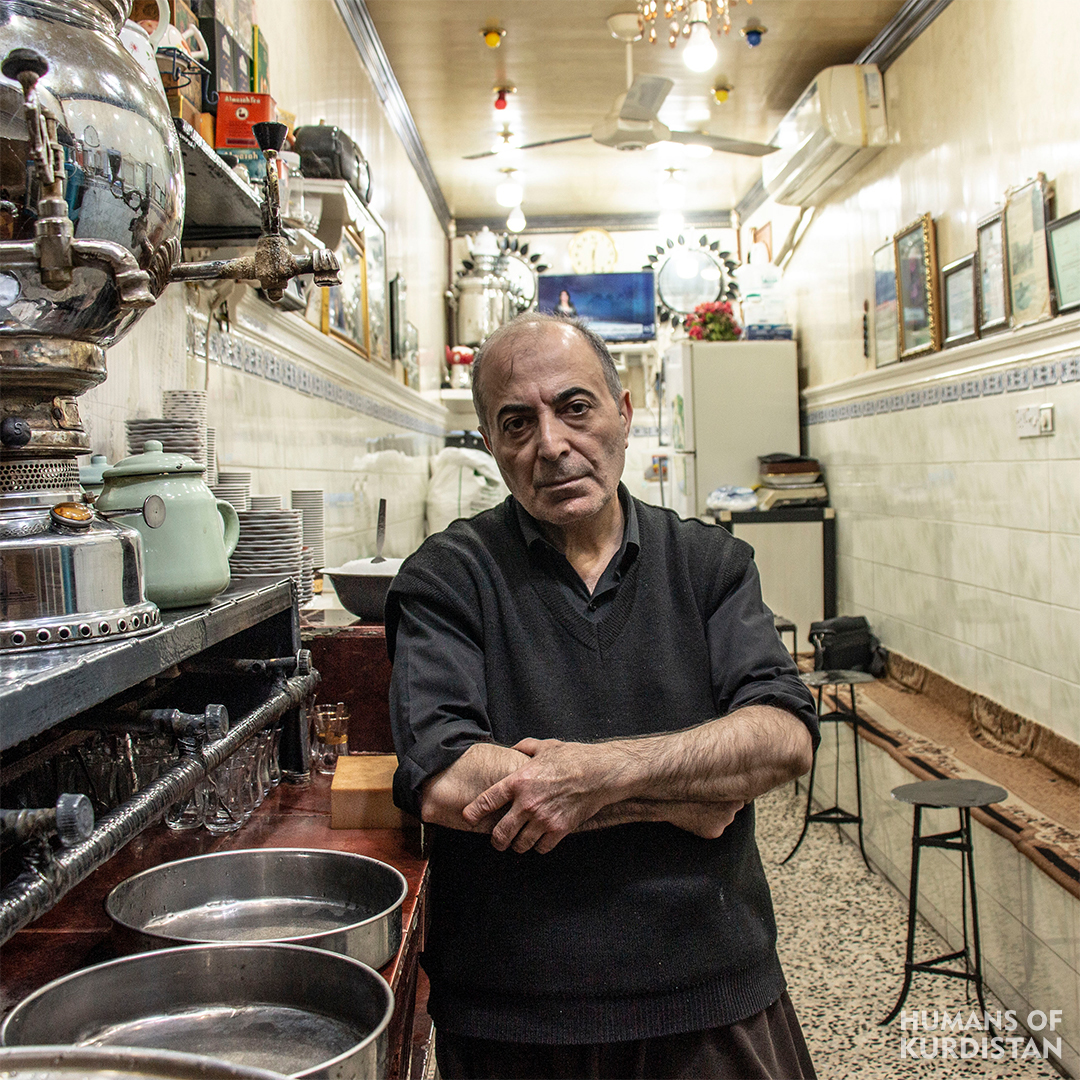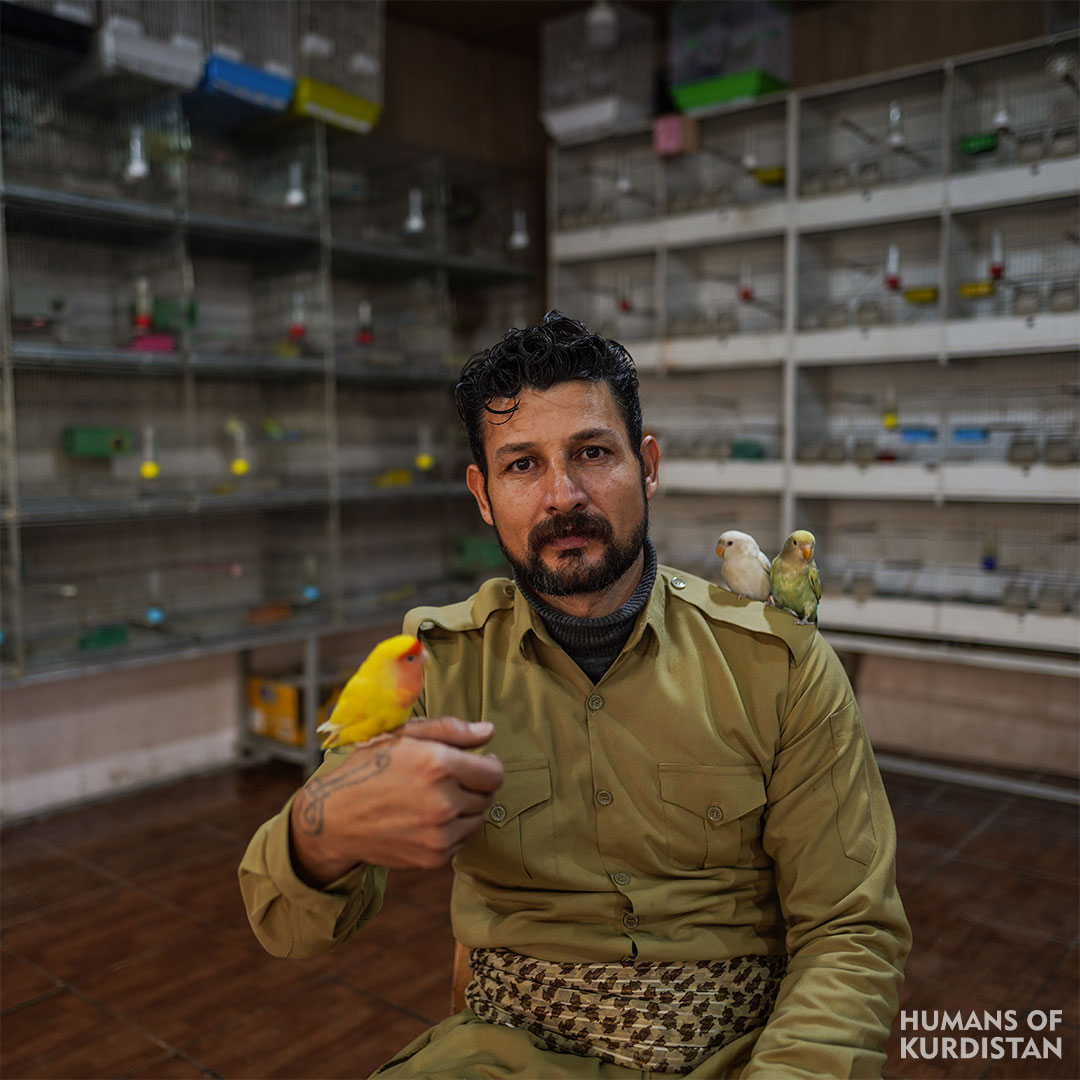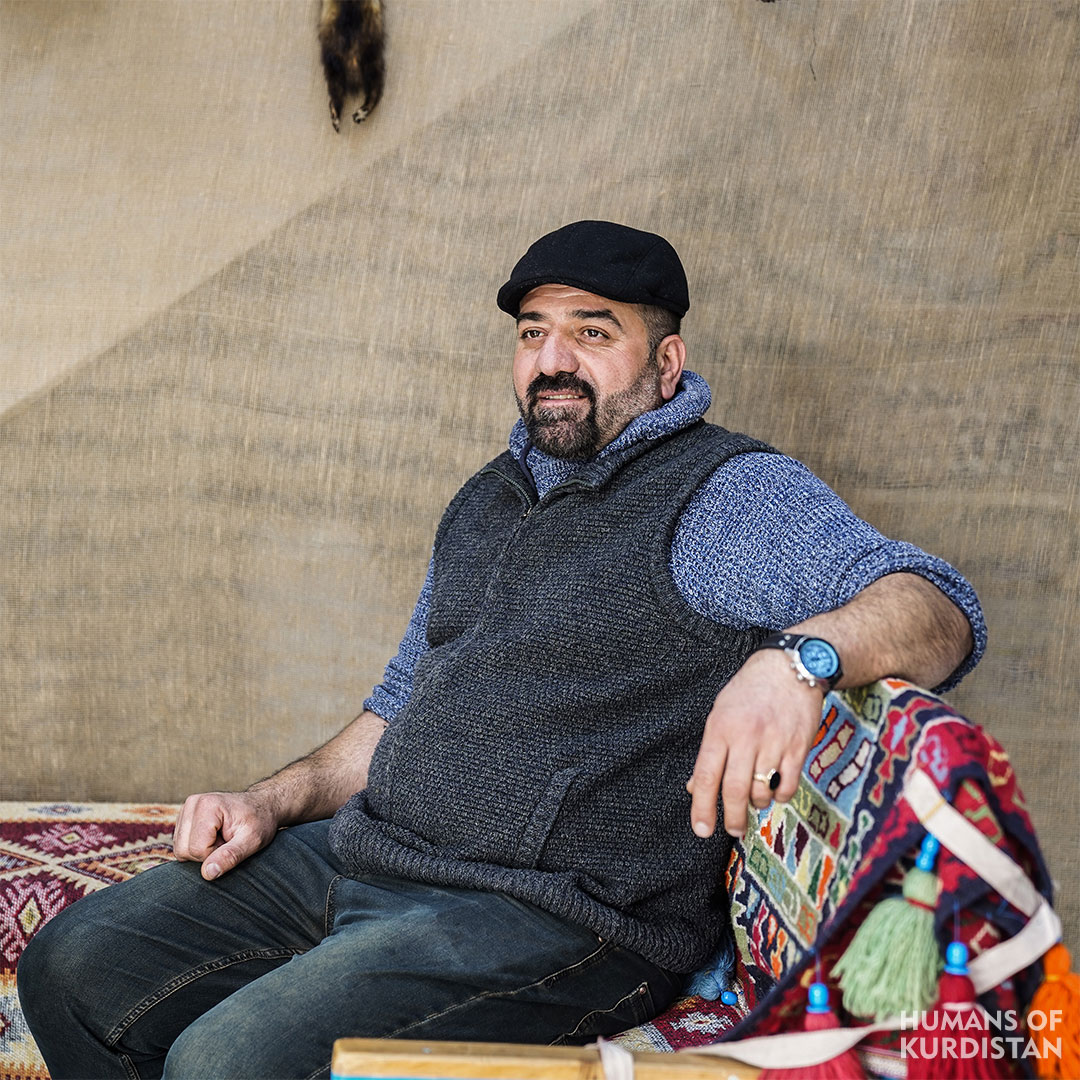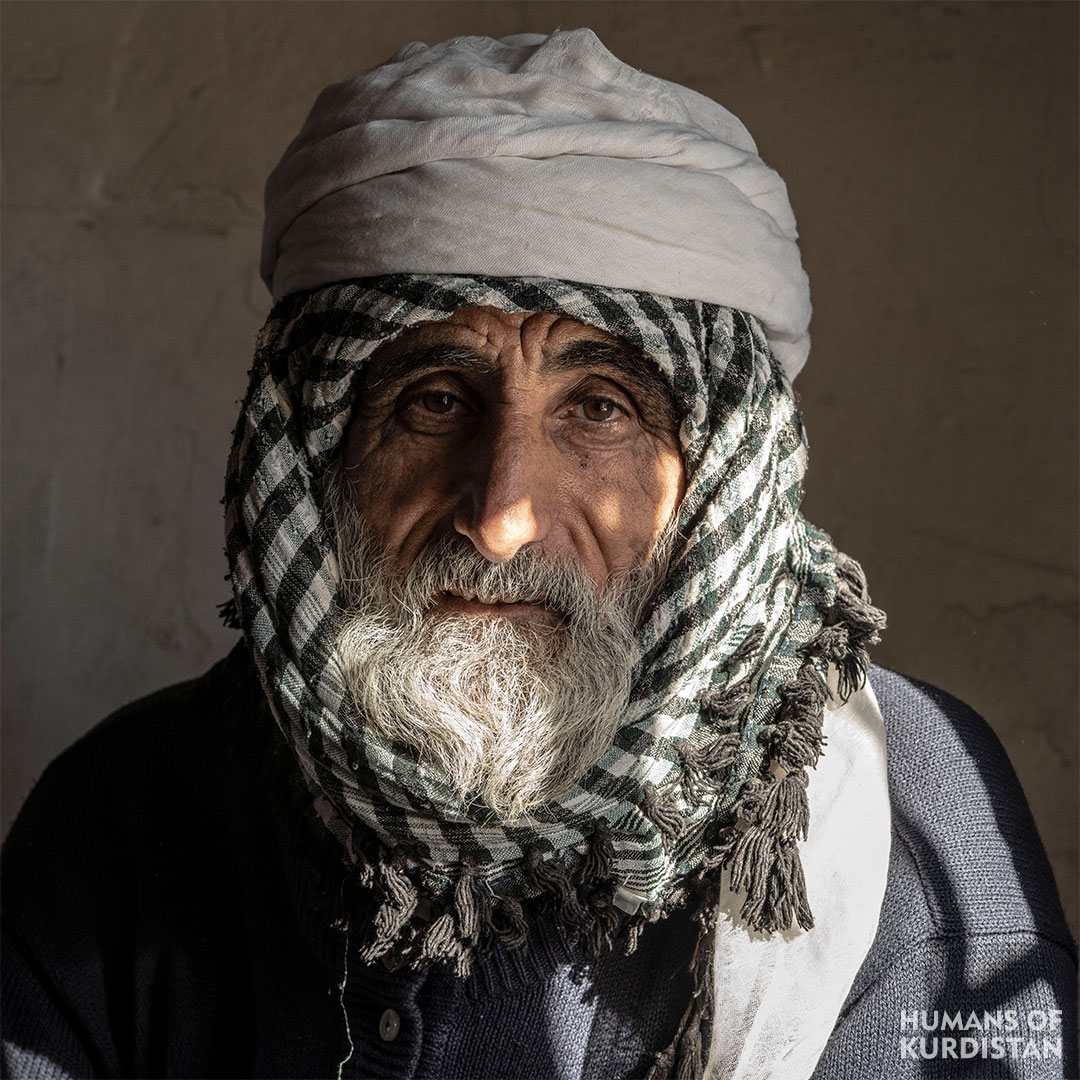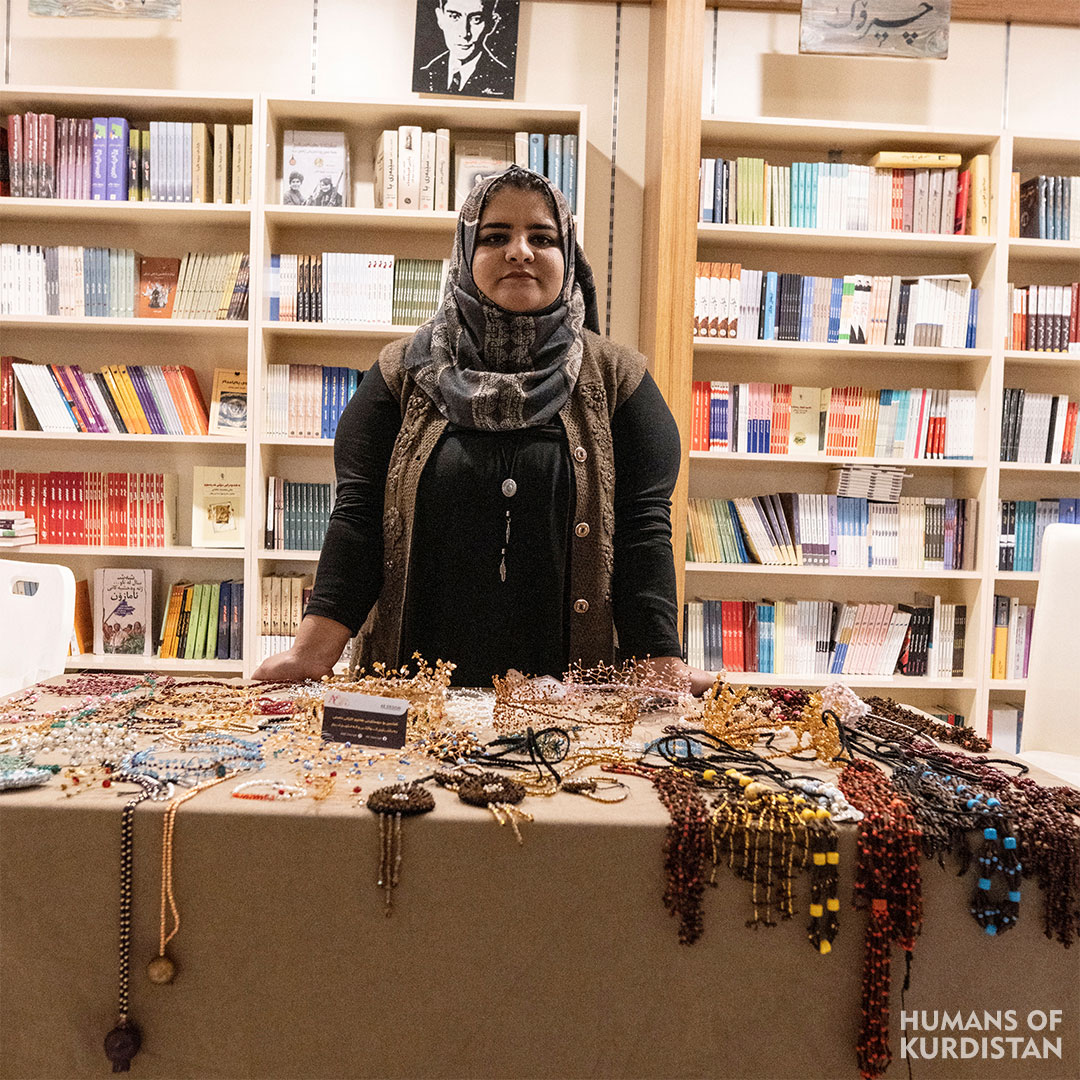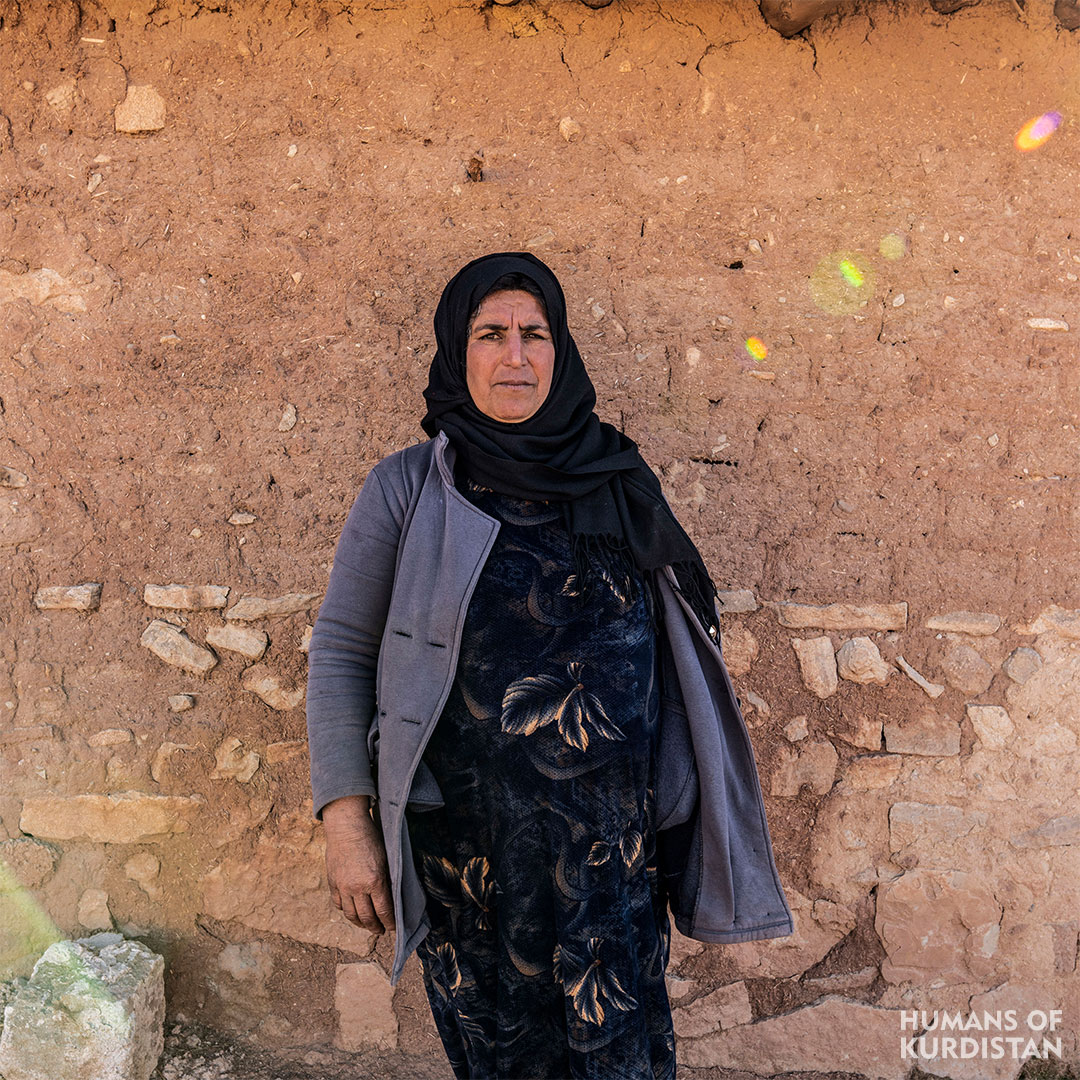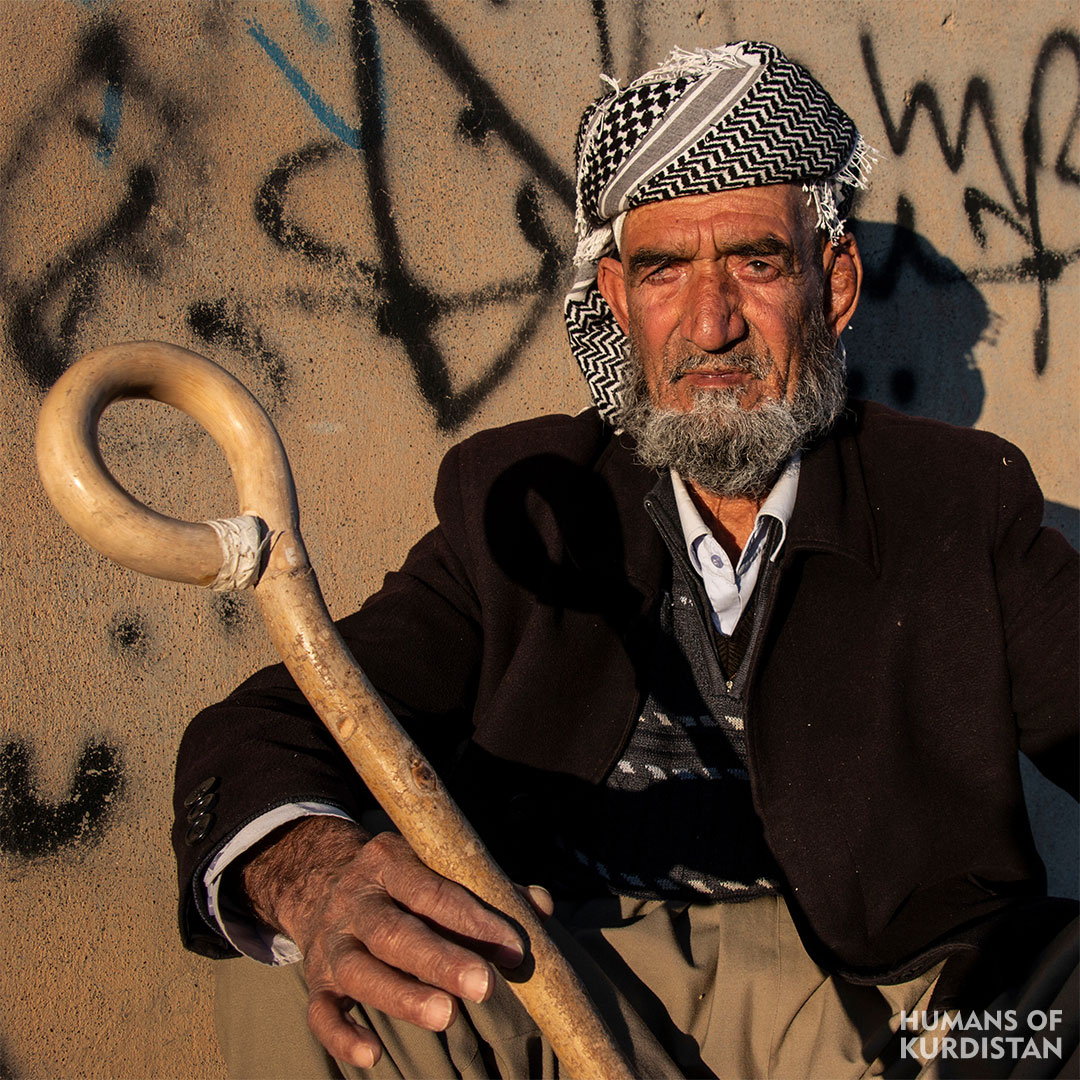March 7, 2021
“I have been working in this tea house for 50 years. Shaab tea house is a very beautiful memorial for my father and Sulaimani in general, I work here daily with my brothers. This tea house has become the source of a living for us, and is considered as a hub for educated people in Sulaimani. We try for the place to be more than just a tea house, we try to make it a place for gathering for writers and artists. We have turned the walls into a museum to exhibit the famous people of the city. We have a library that benefits many people. It is a very nice feeling that Shaab tea house is always associated with Sulaimani city. On Fridays, artists and politicians visit us and take photos. As long as I live, I will work at this house, I will continue working here because it is like a second house for me”. ...


